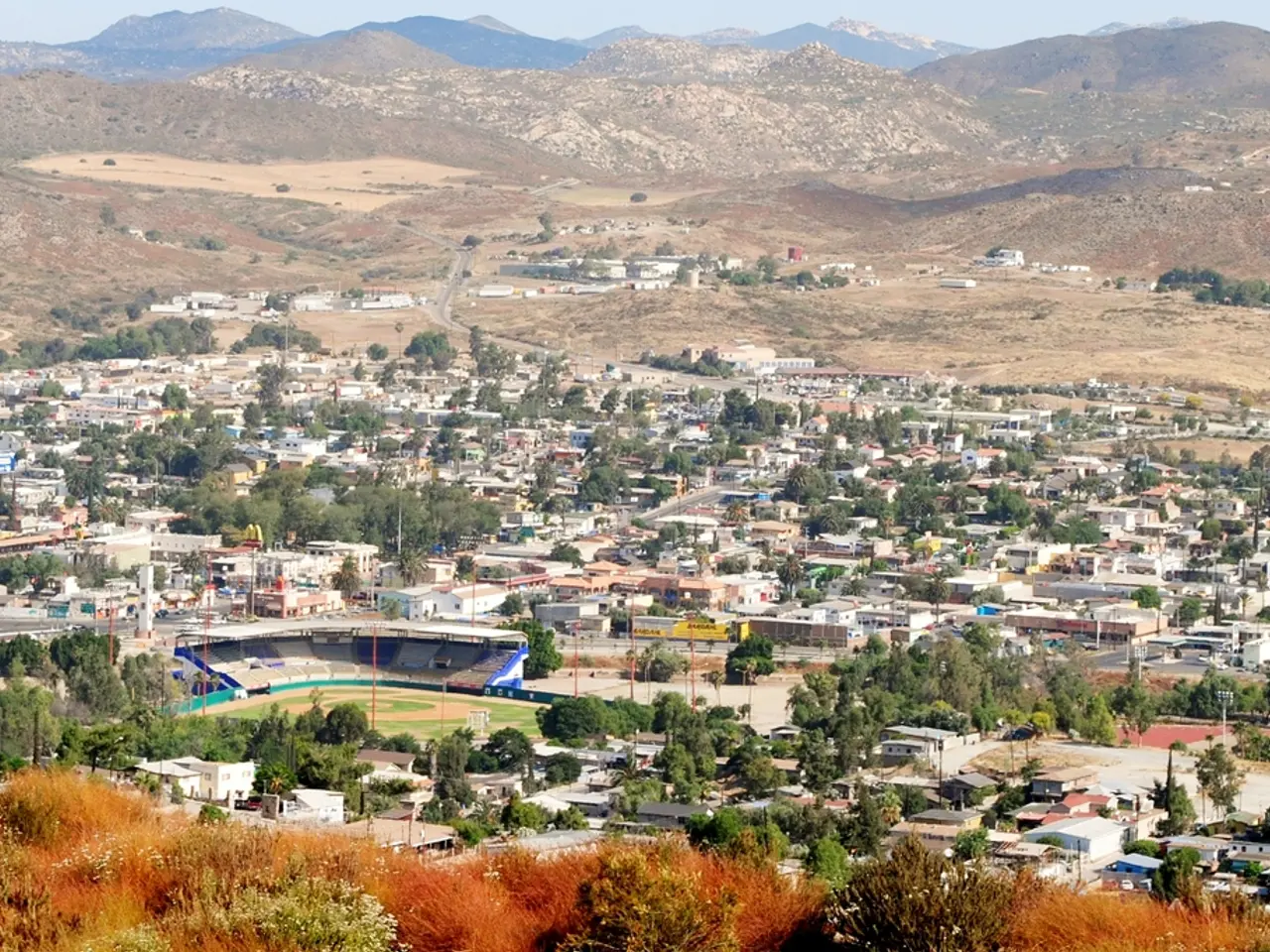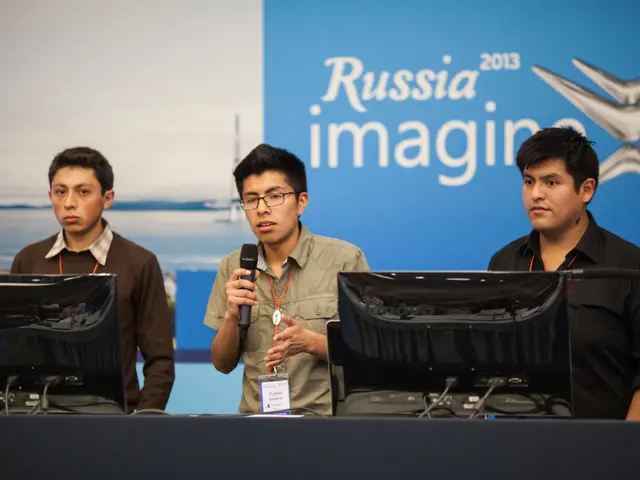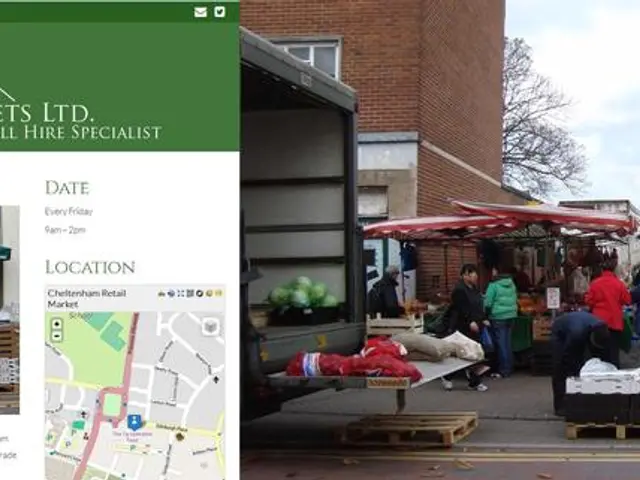"Achieving Net Zero Emissions Might Lead to Civilizational Ruin"
In the realm of climate change discourse, Matt Ridley, author of "The Rational Optimist," presents arguments that offer a critique of what could be perceived as climate hysteria and overly stringent Net Zero policies.
Ridley argues that economic growth, the driving force behind lifting millions out of poverty, is primarily fuelled by innovation rather than government intervention. He suggests that continuous innovation is crucial to overcome challenges like resource depletion, including energy resources. This perspective implies that overly restrictive climate policies might hinder innovation and economic progress if they are not balanced with economic realities [1].
The author also posits that non-renewable resources such as coal have been instrumental for economic expansion and population growth, allowing for the development of sustainable wealth. He suggests that these resources can eventually be replaced by other forms of energy once they enable sufficient wealth generation. This view could be seen as cautioning against a rapid transition to renewable energies without ensuring they are economically viable and capable of supporting continued economic growth [1].
Ridley criticizes top-down innovation, including government-led initiatives, as ineffective. He believes that innovation is driven by the exchange of ideas, not by centralized planning. This critique could extend to Net Zero policies if they are perceived as overly centralized or restrictive, potentially stifling innovation in the energy sector [1].
While Ridley's arguments are not explicitly focused on Net Zero policies, they suggest a broader support for reevaluating how climate policies are implemented to ensure they align with economic realities and allow for continuous innovation. Additionally, his views on the role of fossil fuels in economic development could be seen as advocating for a more gradual transition to renewable energy sources, rather than abrupt changes that might hinder economic progress.
In a recent discussion on The Brendan O'Neill Show podcast, Ridley addressed the myth of the climate crisis and the folly of the green transition. He also highlighted the significant impact of energy costs on an economy, stating that the economy is a thermodynamic phenomenon that makes useful but improbable structures out of randomness, and for that, you always need energy [2].
Meanwhile, the debate around Net Zero remains a dominant agenda item in various organizations, but is rarely discussed. Climate change is influencing the quiet decisions taken by businesses and charities, according to Ridley [3].
The website supporting Ridley's work is mainly funded by donations from readers, with 70% of revenue coming from these donations. The most popular articles on the website cover topics such as politics, identity politics, and free speech. The website also features podcasts, recommendations for further reading, and ad-free reading for regular donors, who can also enjoy exclusive events and access to the comments section [4].
However, the issue of high energy costs remains a vital concern for Ridley. He believes that the first political party in Britain that really starts to deal with high energy costs will reap dividends [5]. In the context of Ed Miliband's policy of trying to stop drilling in the North Sea while being happy to buy gas from Norway, Ridley points out the inconsistency, arguing that both sources come from the same field of gas under the seabed [6].
References: [1] Matt Ridley, "The Rational Optimist" [2] The Brendan O'Neill Show podcast [3] Matt Ridley, "Climate change is influencing the quiet decisions taken by businesses and charities" [4] [Website supporting Matt Ridley's work] [5] Matt Ridley, "The first political party in Britain that really starts to deal with high energy costs will reap dividends" [6] Matt Ridley, "Miliband's policy of trying to stop drilling in the North Sea is inconsistent"
- Matt Ridley, in his book "The Rational Optimist," critiques climate hysteria and overly stringent Net Zero policies, arguing that economic growth is primarily driven by innovation rather than government intervention.
- Ridley suggests that continuous innovation is crucial to overcome challenges like resource depletion, including energy resources, and believes that innovation is driven by the exchange of ideas, not by centralized planning.
- Ridley's work is primarily funded by donations from readers and covers topics such as politics, identity politics, free speech, and the impact of high energy costs on an economy.
- Ridley criticizes top-down innovation and Net Zero policies that are perceived as overly centralized or restrictive, as they might hinder innovation in the energy sector.
- Ridley advocates for a more gradual transition to renewable energy sources, arguing that the economy is a thermodynamic phenomenon that makes useful structures out of randomness, and for that, you always need energy.
- Ridley points out the inconsistency in Ed Miliband's policy of trying to stop drilling in the North Sea while being happy to buy gas from Norway, emphasizing the importance of tackling high energy costs in economics and politics.




